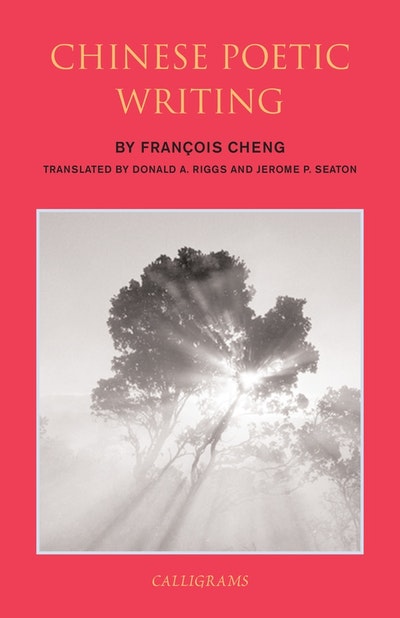- Published: 15 March 2017
- ISBN: 9789629966584
- Imprint: NY Review Books
- Format: Paperback
- Pages: 340
- RRP: $39.99
Chinese Poetic Writing
- Published: 15 March 2017
- ISBN: 9789629966584
- Imprint: NY Review Books
- Format: Paperback
- Pages: 340
- RRP: $39.99
"Cheng's book, L'ecriture poetique chinoise, soon became a classic in the already extensive corpus of French translations of Chinese poetry, and remains a staple of every French sinologist's library...Cheng's work complemented and enhanced a body of French translations...already impressive for both its quantity and diversity." --Paula Varsano
"Cheng, writing in 1977, produces a complex and detailed approach to Chinese writing practices that complicates both pictographic and phonological assumptions." --Scott Nygren
"My...reaction was astonishment that anyone could accomplish the task [of translation] with such sensitivity and formal tact. Every line, detail and compositional device in the poems that Cheng studies is given its appropriate emphasis and placement, so that not only the individual meaning but the combined significance emerges with clarity and refreshing illumination. This is that rare scholarly work that gives pleasure as well as understanding...a work that represents a definite advance in the study of Chinese poetry." --John Kwan-Terry, World Literature Today



